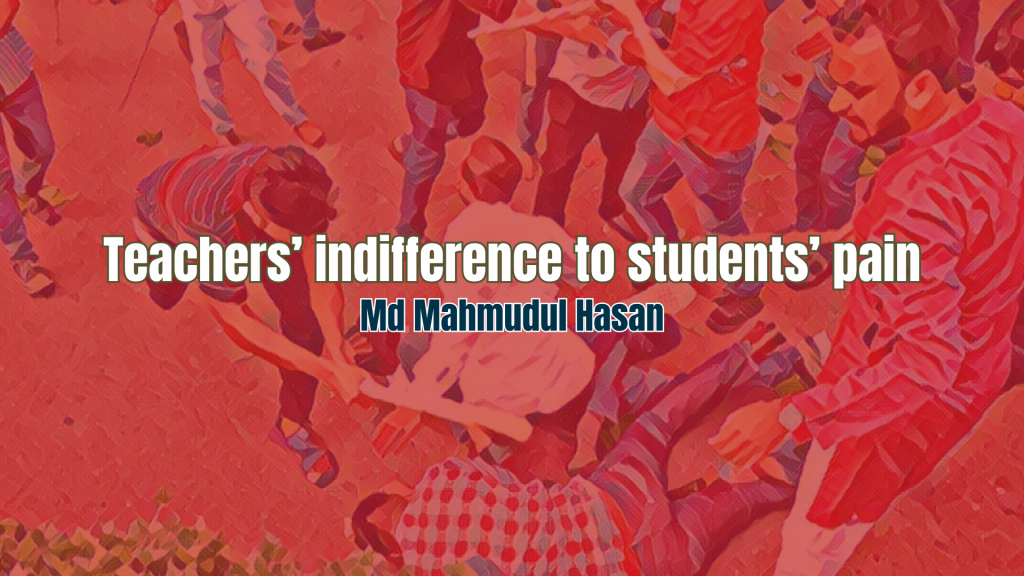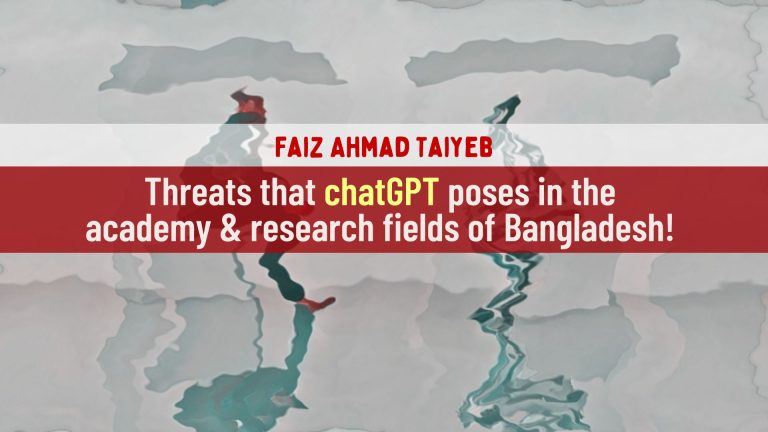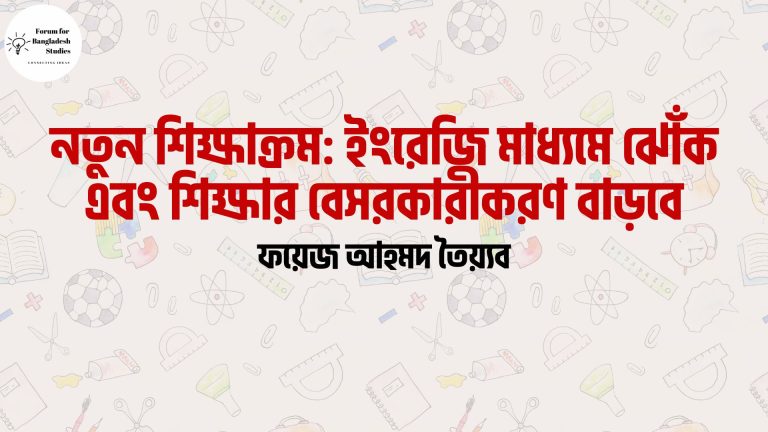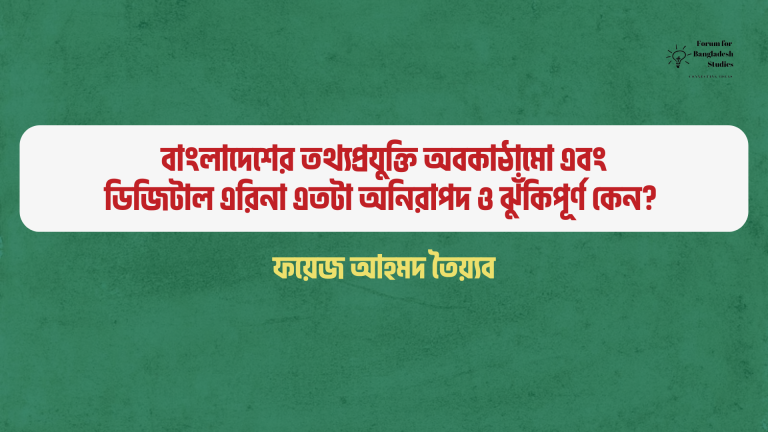EDUCATORS around the world, including South Asia, are usually put in the position of parents. This is what the Latin term loco parentis (the place of a parent) implies. As guardian figures, teachers assume the obligation of care and concern and shoulder the responsibility of helping, nurturing, guiding and protecting their students. Somewhat in return, they enjoy a wide scope of authority over their pupils as well as esteem from the average citizen.
Parents are especially respectful to, and spontaneously place a great deal of trust in, the educators of their children. I saw parents — loaded with tremendous hope and faith — come to educational institutions to commit their wards to the care of teachers. There are parents who never use physical force in performing parenting duties at home, but when teachers resort to reasonable caning as a method of disciplining their children, they do not complain.
At primary and secondary education levels, students generally go to schools in their own localities. Therefore, the good rapport between the school teachers and the guardians is tangible and their interactions are often in-person. For tertiary education, most students venture out from the lap of their parents and go to distant places to attend universities. In this case, even though most parents do not see or meet their children’s educators, from far away they develop the same level of respect for and trust in those who teach their sons and daughters.
Given the demographic spread of the population in Bangladesh, most university students in the country come from rural areas and from humble backgrounds. Their dreams come true when it is possible for them to make it to university. They step onto campus with great hope and determination to be successful — for a new and better phase of life. Their financially-struggling parents beam with pride and delight at the possibility of the upward mobility promised by their children’s access to tertiary education. They do everything to provide for their children’s educational expenses.
How are these students — often dubbed as future leaders — treated when they come to universities in their own country to pursue education? When facing mistreatment in campuses or dorms, how much protection do they receive from their teachers?
We know about Abu Bakar Siddique (d 2010) and Hafizur Molla (d 2016) of Dhaka University, about Zubair Ahmed (d 2015) of Jahangirnagar University, about Abrar Fahad (d 2019) of Bangladesh University of Engineering and Technology, and about others who were killed by the campus thuggery sponsored by ruling elites for their own ends. We also know about the ordeals of the likes of Phulpori Khatun of Kushtia’s Islamic University.
All these cases elicited public attention and outrage because they were reported in the media. However, these are the tip of the iceberg. If we unpack the whole thing, we may discover hell within our university campuses and halls. I am saying this as someone who studied and taught at a public university in Bangladesh and stayed at one of its residential halls. The scope of this essay may not allow me to provide graphic descriptions of torture and torment of our meritorious students in university halls. Its focus is the role and responsibility of the supposedly parent-like academics and academic administrators.
There are thousands of students in Bangladesh’s university campuses and halls who are regularly subjected to acts of rampant abuse, humiliation, harassment, coercion and endless suffering of various kinds — physical and psychological. These victims are the most vulnerable students who have no one to protect them from the mistreatment of hooligans disguised as student leaders. The perpetrators are thugs who seek to move their way up the political ladder through displaying their prowess (read ‘cruelty’) to their political bosses.
The existence of torture cells at university halls is an open secret. Previously, these hells of terror were used to chastise student residents of different political orientation or background. Now the expanding scope of victimhood includes all those who refuse to comply with the wishes of the so-called student leaders or to show up in political rallies to chant the glories and triumphs of those in power.
While prisons in present-day Bangladesh are brimming with people of opposition political parties, university halls have turned into informal detention centres where our bright students, our future leaders, are regularly harassed. One reason these prolonged for decades and unabated terror campaigns have continued in our university campuses and dorms is the class identity of the victims. These are the children of the so-called farming class who have the least access to political leverage or little recourse to judicial systems. Had the victims been children of political or business elites, perhaps this campus crisis in our country would have been contained long ago. Students of privileged backgrounds either fly overseas for education or do not have to stay at university halls if they choose to receive it in Bangladesh.
There are countries on earth that have been defeated by war or foreign occupation. Ours has been defeated mainly by forces within — by ourselves. How can a country prosper if its university students have to live in fear in halls and if they have to do the bidding of the political godfathers and are denied the opportunity to devote themselves to studies?
For the grim picture depicted above, the political establishment is often — and rightly — blamed. But can academics and academic administrators escape responsibility for the suffering or death of students in campuses or dorms?
Most or all vice-chancellors, pro-vice-chancellors, hall provosts, proctors, deans and other academic administrators have direct political links with those in the corridors of power. And the terror incarnate student leaders who harass our future scholars, day in and day out, act with the connivance and complicity of the university administration. In other words, academic administrators are complicitous with the horrendous structures that contribute to the helplessness of victimised students.
We should not forget that among university academics there are those who are hugely influential and are considered national icons. Their words have enormous impact and potential for change. The question is: Are they concerned about the plight of the students who attend their classes? Do they not know that some of their students are regularly forced to stay up under the open sky on winter nights till 1:00am or 2:00am? I do not think those influential academics are ignorant of the fact that, in order not to be removed from their valid hall seats, many students have to comply with the whims of political thugs or have to work like bonded slaves.
These prominent university teachers write and worry about things domestic and foreign but refuse to discuss the elephant in the room, that is, the ordeal of students. They were supposed to be parent figures to their students but they act like step-parents with all negative associations connected to the term. How can they justify their silence and indifference to the suffering of their own students? Does it not amount to a betrayal of the trust that parents and society place in them?
Originally published in New Age, 24 March 2023




